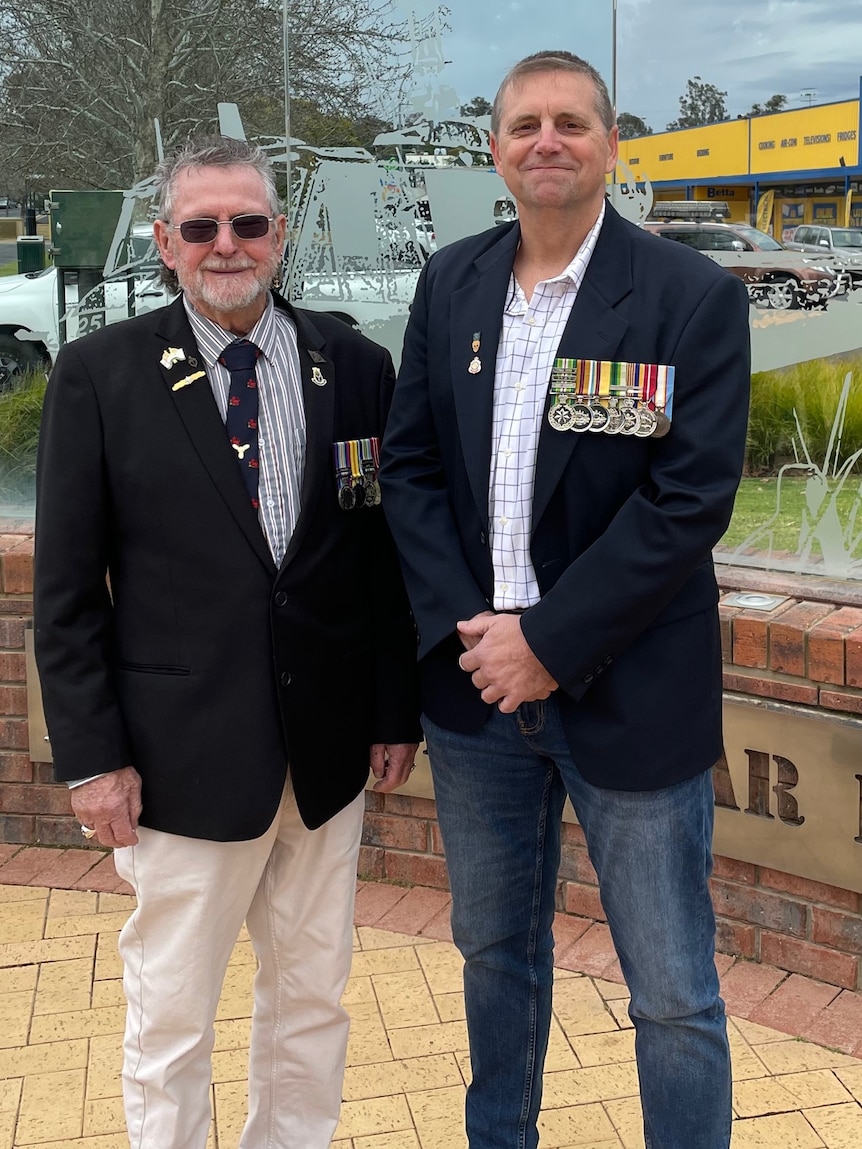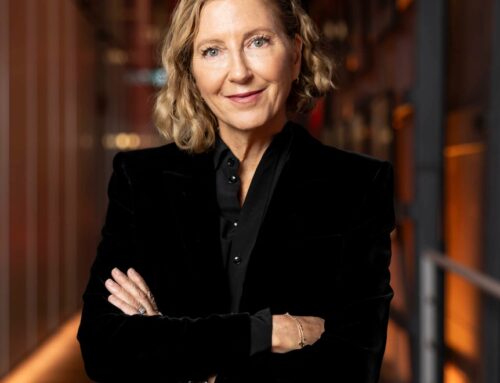Regional veterans say they fell through the cracks as they transitioned into civilian life as they wait to see what will come of an interim report from the Royal Commission into Defence and Veteran Suicide.
Key points:
- Advocate says transitioning to civilian life can be difficult for returned service people
- Societal changes have impacted army culture
- A Riverland veteran is part of a group offering support for his mates
The royal commission’s interim report was handed down on August 11.
Riverland veteran and former Renmark RSL president, Peter Higgs, spent almost three decades in the Australian Army.
Mr Higgs started his service in East Timor in the late 1990s before going on to serve in Bougainville, Iraq and Afghanistan.
He said the report was welcome but it had come 20 years too late.
He said more needed to be done to help struggling veterans across the country, particularly those who went through the discharge process without proper support.
“When you’d discharge 10, 15 years ago, you’d get given your last day’s pay and they’d kick you out of the gate, but things have improved and now its a three-day conference,” Mr Higgs said.
He said there was support from the Department for Veterans’ Affairs and external service providers but there was a lack of advice on financial and self-management matters.
“Particularly for those people choosing to get out and go from a full-time job with security to no job, no security,” he said.
Mr Higgs said the transition to civilian life could be jarring for veterans, as they went from a structured team environment to an individual and often lonely life.
“In the ADF, if you don’t work as a team, someone will die on the job,” he said.
Peer support fills gaps
Mr Higgs said veterans in the Riverland community could approach him to share their experiences.
He said it filled a gap for those who served in the same era as him and didn’t have access to a range of service organisations.
“With the current ADF … the implementation of post-operational psychology support has been part of the norm,” Mr Higgs said.
“It has meant that the younger generation is now more forward in opening up as to their lived experience.”
A Department of Veterans’ Affairs spokesperson said it had a range of supports available to returning service people.
The spokesperson said they included providing transition programs to prepare ADF members and their families for civilian life and to assume responsibility of their own welfare.
Additionally, the spokesperson said there was a range of financial supports available to those who were eligible to help improve or maintain their livelihoods.



